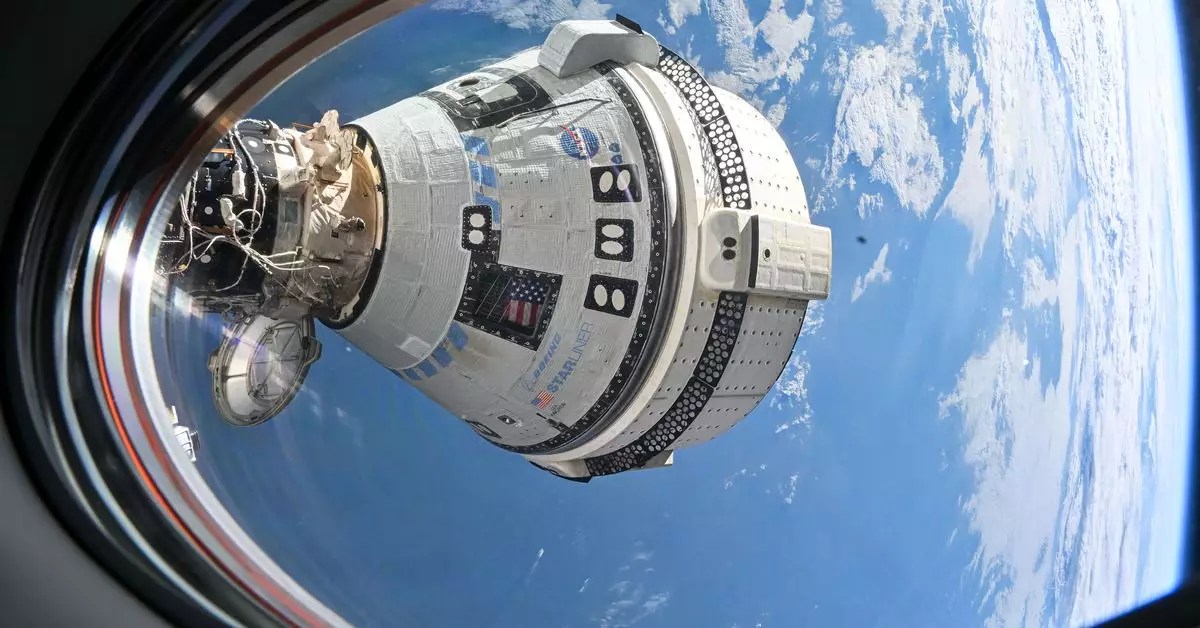Boeing is currently navigating tumultuous waters, and the appointment of Kelly Ortberg as CEO in August highlights the urgent need for a strategic overhaul. Recent reports from The Wall Street Journal indicate that Ortberg is contemplating the sale of Boeing’s space division as a potential remedy for the company’s myriad problems. This strategy may include parting ways with the Starliner spacecraft and associated projects tied to the International Space Station (ISS). Such moves suggest an inclination to streamline operations at Boeing, which has long been regarded as a stalwart in the aerospace industry.
Boeing’s trajectory has been marked by significant obstacles, including legal challenges stemming from tragic incidents involving the 737 Max aircraft and ongoing complications with the Starliner program. Notably, the Starliner project has endured severe setbacks, leaving astronauts stranded at the ISS for extended periods. Moreover, a recent incident involving a Boeing satellite for Intelsat— which ceased functioning and disintegrated due to an “anomaly”—further erodes confidence in the company’s technological reliability.
During a recent earnings call, Ortberg expressed a pragmatic philosophy concerning Boeing’s operations. “We’re better off doing less and doing it better than doing more and not doing it well,” he stated, encapsulating the essence of a strategic pivot that seeks efficiency over breadth. This sentiment underscores a shift in Boeing’s approach, prioritizing the core segments of commercial airplanes and defense systems while potentially shedding peripheral projects that dilute the company’s focus.
This introspective reassessment could pave the way for enhanced operational efficacy, particularly essential given Boeing’s dismal financial outlook. With the company reporting a staggering $6.17 billion in losses for the quarter—$250 million of which was attributed solely to the Starliner project—it is clear that drastic financial measures are necessary if Boeing hopes to stabilize its economic situation.
Despite the potential divestiture of its space division, it appears that Boeing will maintain oversight of critical initiatives, including the Space Launch System designed to facilitate future NASA missions to the Moon. The retention of its commercial and military satellite operations indicates a balance between transition and retention, allowing Boeing to maintain a foothold in essential aerospace endeavors while addressing burdensome liabilities.
The path ahead for Ortberg is rife with challenges. The company must not only respond to ongoing financial hemorrhaging but also restore public and investor confidence. Moving forward, the decision to focus on fewer, more manageable projects could prove integral to implementing sustainable change. If Ortberg successfully realigns Boeing’s operations with its core competencies, it may very well signal a turnaround for a company that has faced considerable adversity in recent years.
In this volatile industry landscape, Boeing’s ability to recalibrate its strategic portfolio while navigating both internal and external challenges will be paramount. The upcoming months will be critical as the company embarks on a journey toward recovery, efficiency, and perhaps a redefined identity within the aerospace sector.


Leave a Reply